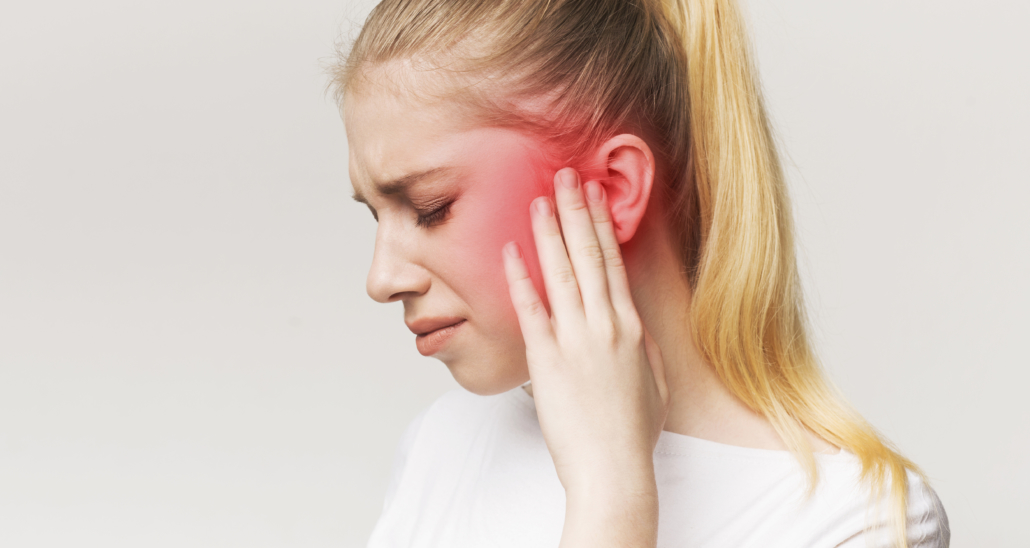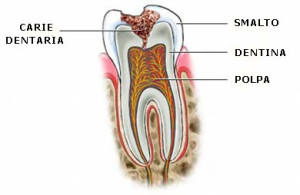The pulp of the tooth is an important component for the vitality of the tooth itself. The dental pulp is a source of nourishment for the tooth and ensures its survival. Tooth pulp infections must be monitored and it is important to intervene promptly to avoid irreversible tooth damage.
Tooth pulp infections
When there is a tooth pulp infection in the oral cavity, if not diagnosed and treated promptly, it tends to get worse over time because it is difficult for the body to eliminate it naturally.
The cure for tooth pulp infections is in endodontic treatments. With endodontic treatment, the dentist removes the infected dental pulp and replaces it with a biocompatible synthetic material.
The success rate of this type of root canal therapy is very high, even after years of treatment, this is because over time the effectiveness of biocompatible materials and techniques in the dental field have improved and are increasingly advanced.
Dental caries is considered the main cause of pulp inflammation and necrosis. Inflammation can occur by direct contact of bacteria with pulp tissue or by bacterial antigens traveling through the dentinal ducts.
In addition to caries, inflammation of the tooth pulp can be caused by traumatic causes such as fractures or microfractures or damage due to malocclusions, abrasions, bruxism, orthodontic appliances.
Tooth pulp capping: a remedy to cure the infection
The tooth pulp capping technique is a dental treatment that allows you to preserve the pulp from the passage of bacteria and promote its healing.
A study published in the Journal of Clinical and Molecular Pathology evaluated its effectiveness.
Direct tooth pulp capping technique
The direct pulp capping technique consists in applying a biomaterial in direct contact with the pulp tissue. This type of treatment can only be applied to teeth that respond positively to the vitality test. The damage to the tooth must therefore be reversible in order to be treated with direct capping.
Indirect pulp capping technique
Indirect pulp capping, on the other hand, is a therapy that consists of covering the dentin with a protective material to promote healing of the pulpo-dentinal complex. Indirect pulp capping consists of removing the infected part, creating a secondary dentin, remineralizing the affected dentin and sealing the cavity to reduce the risk of re-infection.
Dentin replacement materials for tooth capping
Biodentine is a calcium silicate-based dentin replacement material. Biodentine differs from other traditional cement-based materials due to the absence of aluminum components and the presence of water-soluble polymers. Biodentin is a promoter of reaction dentin creation, mineralization and angiogenesis. Its use is therefore indicated for direct and indirect pulp capping and perforation repairs.
The increasingly constant practice of conservative dentistry leads to preserving the vitality of the pulp in every case and avoiding systematic pulpectomy. New techniques and new materials favor this type of treatment.


















